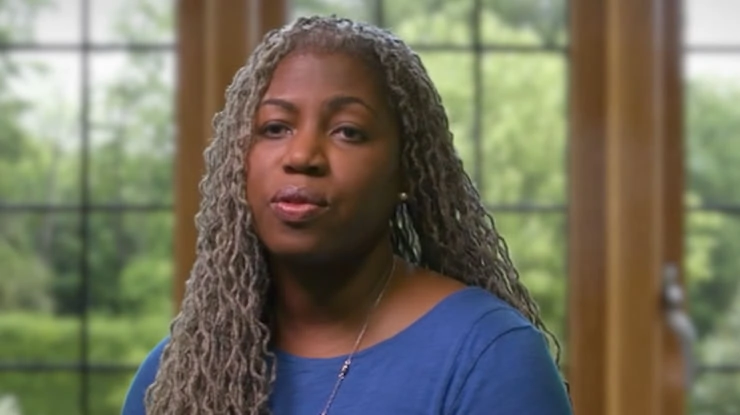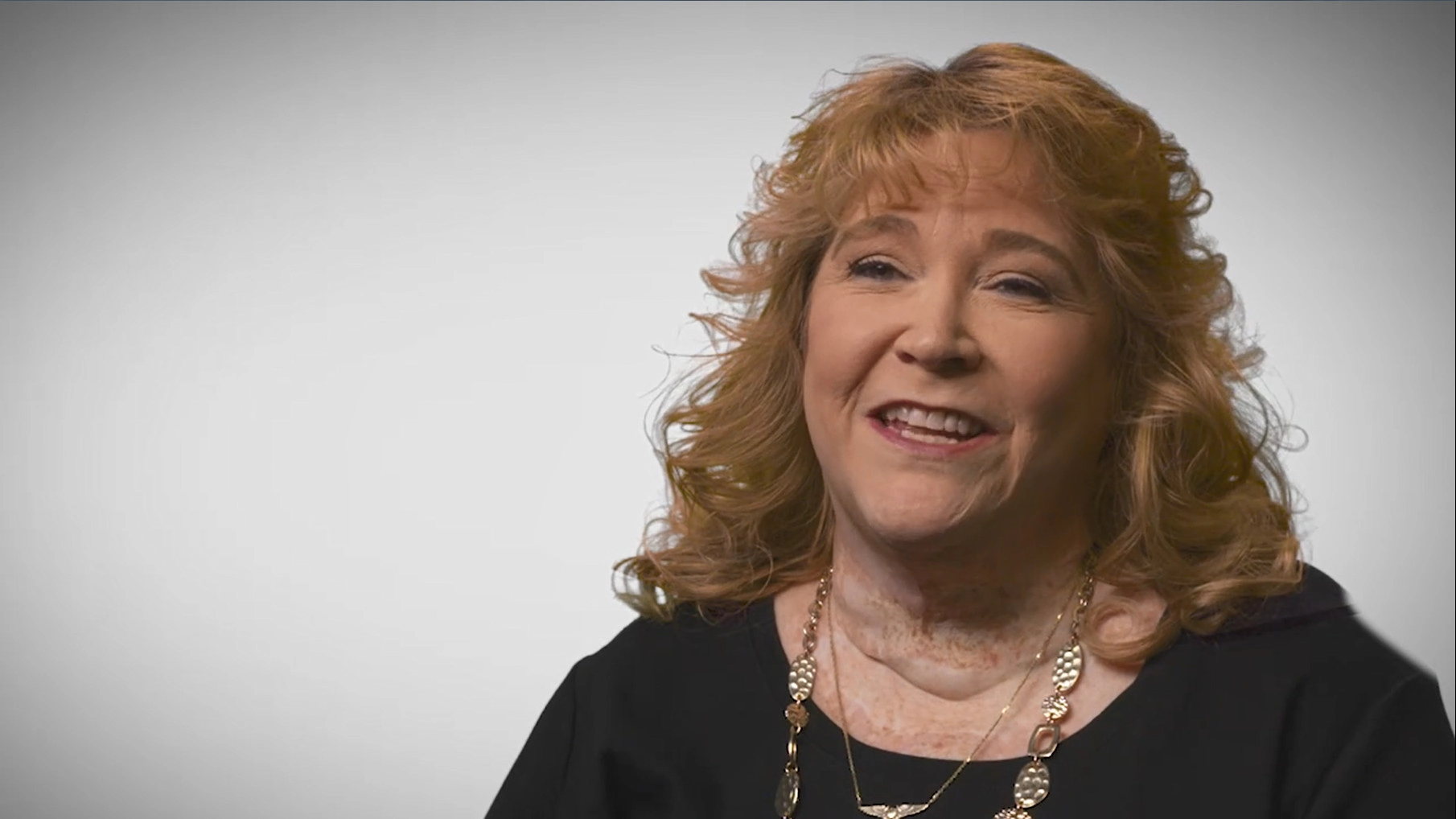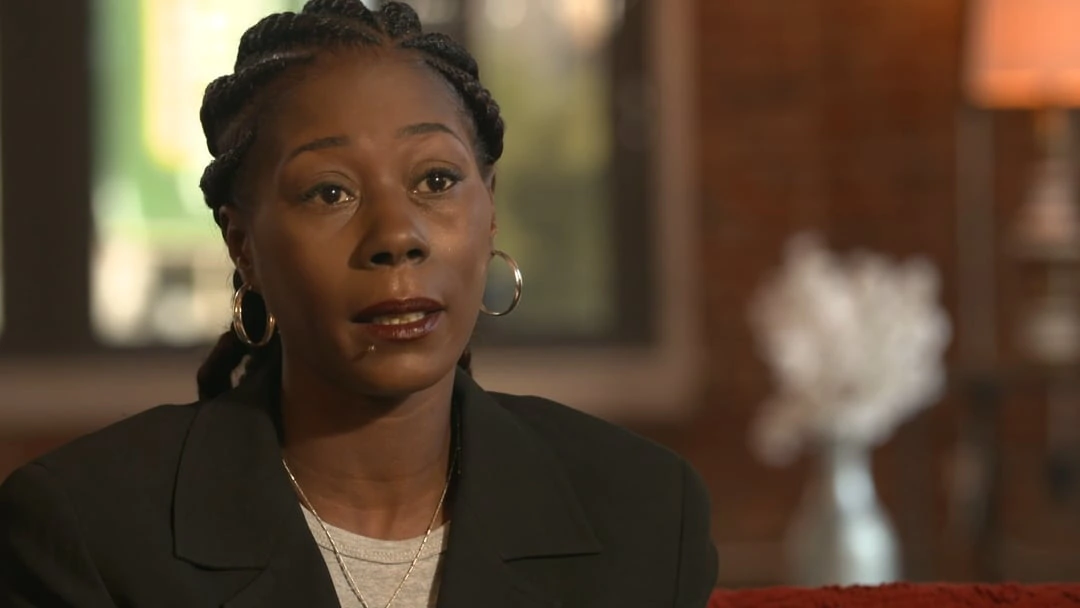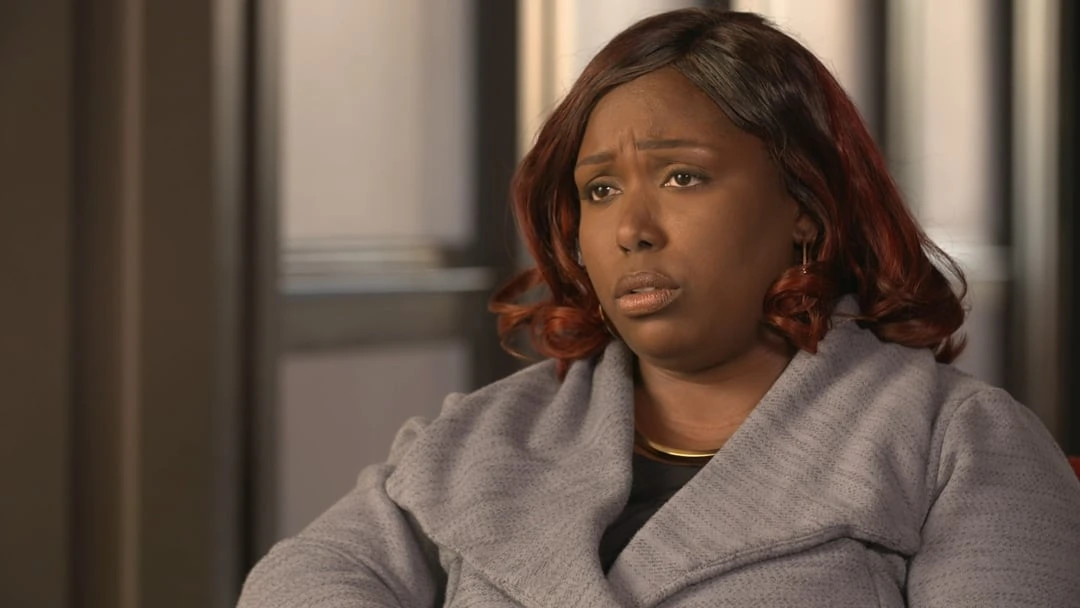E-cigarettes have been heavily marketed as a safe and healthy alternative that generate harmless inhalable water vapor instead of deadly cancer-causing smoke found in traditional cigarettes. However, e-cigarettes may pose serious dangers to consumers that were not adequately disclosed.
Although e-cigarettes are marketed as a safe alternative to cigarette smoking, the potential risks associated with e-cigarettes and the health impact of inhaling e-liquid infused with nicotine and other chemicals have not been fully studied. Users of e-cigarettes have reported health problems that may be associated with e-cigs, including:
The FDA has found that some e-cigarette cartridges labeled as nicotine free actually contained nicotine. The FDA also found that some electronic cigarette cartridges labeled as containing the same amount of nicotine contained different amounts of nicotine.
Some e-cigarettes produce the carcinogen formaldehyde, a recent study in Nicotine and Tobacco Research journal found. E-cigarettes and e-cig cartridges are not regulated by the FDA and accordingly, there is great risk that consumers do not understand what they are using.
Electronic cigarettes, also known as e-cigs and e-cigarettes, deliver nicotine to the consumer as vapor instead of the smoke found in traditional cigarettes. They are traditionally battery operated and require cartridges holding liquid containing nicotine, known as e-liquid. Early versions of e-cigarettes were disposal and modeled to resemble traditional cigarettes, but newer and more popular versions of e-cigarettes are larger and resemble pipes.
Are e-cigarettes regulated by the FDA?
At this point, no. The U.S. Food and Drug Administration does not regulate the e-cigarette market. The FDA is preparing regulations that would broaden its authority to control the e-cigarette market, but the regulatory agency’s rules are currently not in effect. Although e-cigarettes may be used and marketed as aids to quit smoking, e-cigarettes are not regulated like patches and nicotine gum. Under proposed regulations, the FDA will treat electronic cigarettes and nicotine gels as tobacco products eligible for regulation under the Tobacco Control Act.
An FDA lab test analyzed two leading brands of electronic cigarettes and found:
Some products are marketed as e-hookahs, vape pipes, and hookah pens, but function identically to e-cigarettes. These products are marketed to circumvent the stigma of being a cigarette smoker. But these e-hookahs function identically to e-cigarettes. Most troublingly, these vaping pen and e-hookah products are popular among high school students and sold in flavors that are appealing to young consumers, such as vanilla cupcake, Belgian waffle, grape apple, and peppermint blast.
American consumers bought $1.7 billion worth of e-cigarettes in 2013, double the total in 2012, according to Wells Fargo research. In the next 10 years, e-cigarette sales are predicted to sell more than traditional cigarettes.
E-liquids are the core ingredient of e-cigarettes. They contain liquid forms of nicotine extracted from tobacco and include flavoring, coloring, and other chemicals. These e-liquids and nicotine gels can be dangerous, particularly to children who may be attracted by the bright coloring of these products. At high levels of nicotine concentration, e-liquids can also be lethal.
Accidental e-liquid poisoning have been reported nationwide, according to the National Poison Data System. E-liquid poisoning cases surged 300 percent in 2013 from the year prior. Even though e-liquids are dangerous, there are no regulations requiring warning labels or childproof bottles.
Product liability attorneys with The Cochran Firm, D.C. are investigating potential claims related to the marketing of electronic cigarette products and injuries associated with these products. If you or someone you love was harmed by an electronic cigarette, e-hookah, vape pipe, hookah pen, or other electronic vapor smoking device, please contact us today. All inquiries are free, confidential and carry no obligation.























